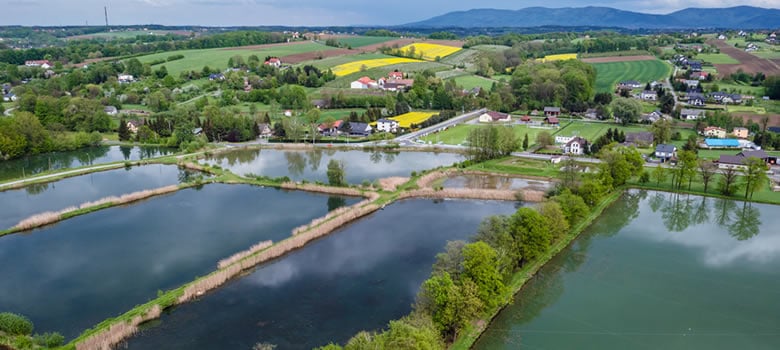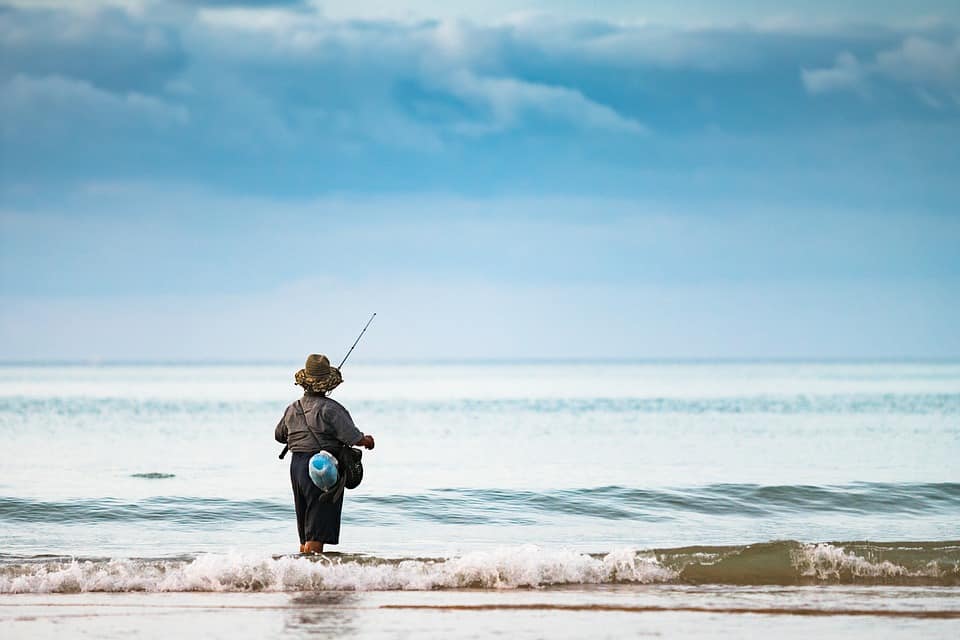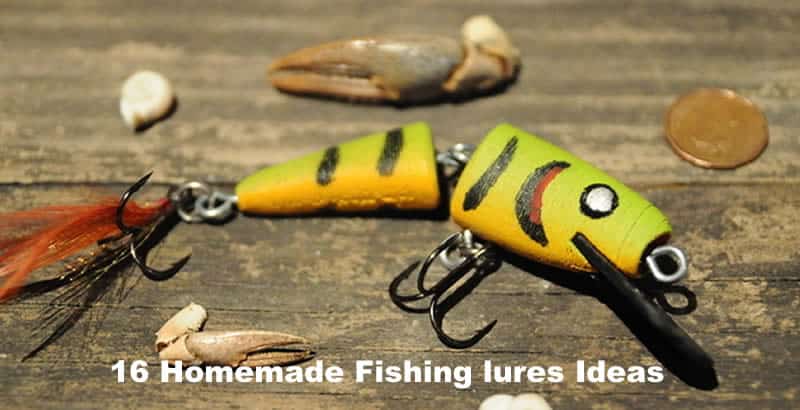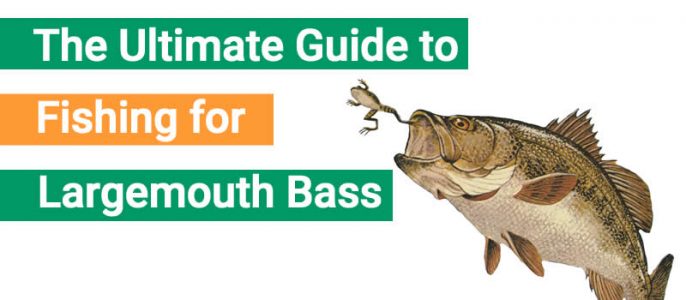If you buy via a link on this page, we may receive a commission, at no extra cost to you.Learn more
Although most times you do require a license to fish, there are some gray areas where you don’t necessarily need one. Fishing from private property is one of them.
So, to the question at hand. Do you need a fishing license on private property? Usually, the answer is no. However, there are certain states, and conditions, where the law compels you to have one. Here you have the states where a fishing license is a must:
- Alaska
- Arkansas
- California
- Colorado
- Connecticut
- Hawaii
- Minnesota
- Nevada
- New Hampshire
- North Dakota
For the rest of the states, you will be able to fish from private property as long as you or a close relative owns it and the pond is fully contained within the property. In some states, even tenants and guests can fish without a license. In the following lines, we will talk about some gray areas that you should be aware of.
What is A Private Pond?
According to the law, a private pond lacks connection to any other water body outside the property boundaries. Of course, this only applies to surface connections.

The reason for this is that fish move from one place to another. Therefore, you can’t prove that the fish you’ve caught is native to that private pond. This way, the state prevents depopulation.
Fishing On Private Ponds
So, if your pond isn’t connected with the exterior, you might be able to fish without a license. But there is a catch here. In Delaware, for instance, you don’t require a license if your property has at least 20 acres of land. Nevertheless, you need to get a FIN number.
Florida has a similar set of rules. For instance, you don’t require a license if you fish in a property with 20 acres or less land. For larger plots, the owner needs to purchase a pond fishing license. In other states, such as Kentucky, only the owner, spouses, children, and tenants don’t require a license to fish on farmlands. According to the state, tenants are those who live and work in the property.
In Kansas, things are different as well. Only the owner, tenants, and their immediate family don’t require a license as long as the owner hasn’t leased the pond through the F.I.S.H program or if the state stocked it with fish within the past 10 years.
In short, as long as you are the owner or part of the immediate family, there shouldn’t be a problem. Still, since there are a lot of exceptions within the exceptions, we recommend checking the local fishing regulations before making your first cast. We’ve embedded the links in a table near the end.
Private Ponds With Streams
Like we said before, in most states you won’t be able to fish from a private pond if it is connected to external streams. However, there is an exception to this rule in Oregon. Here, the landowner and their immediate family can fish from their property without a license regardless of whether the pond has external streams. But you do need one if you are targeting salmon, steelhead, sturgeon, or halibut as they are protected species.
What’s an Immediate Family?
Now that you know that landowners and their immediate families often don’t require to hold a fishing license, it is worth mentioning what it means.
Immediate family refers to the smallest family unit. It includes parents, children, siblings, and spouses. Therefore, you won’t need a license if you fall within this category. Still, it pays to check the local fishing regulations to make sure that you don’t need one.
What About Guests?
A guest is someone who has been granted access to the private pond by the owner. In most states, guests do require a fishing license. It is still wise to hold written permission by the owner in those states where you don’t require one.
The Definition of Tenant
According to states like Kansas and Illinois, Tenants are those who live and work inside the property. They are exempt from requiring a license to fish. Sometimes, this rule extends to their immediate family as well. Still, it is wise to wave some form of contract in from of the authorities just in case.
Pay to Fish Ponds
There is a workaround to fish without a license on private property. You can go to the nearest pay-to-fish lake. For example, in Arkansas, you aren’t required to hold a license if you are fishing on a put-and-take licensed lake.
In Washington, for example, you don’t need a license if you are fishing on a state-licensed nonprofit facility. In South Carolina, you don’t need a license either as long as the commercial lake has a valid aquaculture registration.
Although anyone can access pay-to-fish ponds, some of them still fall under the private property term. So, check your local business web and see whether or not you need a license to fish. Beware that these facilities are ideal for beginners. They can train in a neutral environment with designated fishing areas. Plus, the waters are usually thriving with fish. Still, you won’t find any giants. Most of these ponds don’t allow you to harvest your catch.
What Happens If You Get Caught Without a Fishing License?
Many people think that, because they are fishing from a friend’s property, they don’t require a license. The reality is that in some states, they do. However, people still try their luck because they think that no authority will mind looking at a private pond. While it might be true, it is wise to pay for a fishing license.
The fine you will need to pay depends on the state you are illegally fishing. But it is around 50 bucks plus the price of a 24-hour fishing permit. So, it is actually cheaper to purchase a fishing license. Besides, the fine could increase depending on if you’ve harvested any catch. The same applies if this isn’t your first time fishing without a license. Here you can learn more on the matter.
So, save you some trouble, check the local fishing regulations, and purchase a license if you must.
Where Can I Fish From a Private Property Without a License?
As we promised before, we’ve summarized all the states where you don’t require a license to fish while you are on private property. We’ve also added those states where you do. here you have them:
| Alaska |
| Arkansas |
| California |
| Colorado |
| Connecticut |
| Hawaii |
| Minnesota |
| Nevada |
| New Hampshire |
| North Dakota |
Fishing Without a License on Private Property
In most states, landowners, their immediate families, and tenants don’t require to purchase a fishing license. You only require one in Alaska, Arkansas, California, Colorado, Connecticut, Hawaii, Minnesota, Nevada, New Hampshire, and North Dakota. Nevertheless, there are a handful of gray areas. That’s why we recommend always reading the local fishing regulations to make sure that you don’t require a license.
Another quick word of advice, license exception often applies to private ponds only. These are impoundments without any connection to the exterior of the property. Consequently, you do require a valid fishing permit if your land has a pond connected to a river or stream.




